What “Happy Pills” Really Do to People Over Time
And the lie about depression that made Big Pharma billions.
The following information is based on a report originally published by A Midwestern Doctor. Key details have been streamlined and editorialized for clarity and impact. Read the original report here.
The real causes of depression are being buried to sell a profitable myth about “chemical imbalances.”
That lie made Big Pharma billions — and turned a normal, human emotion into a medical condition.
But when researchers looked beyond serotonin, they found an inconvenient truth: addressing nutrient deficiencies and physical imbalances consistently outperforms antidepressants.
But wait till you hear what these drugs are actually doing to people. What you’re about to learn isn’t pretty.
This information comes from the work of medical researcher A Midwestern Doctor. For all the sources and details, read the full report below.
Emotional Health in the Age of Disconnection
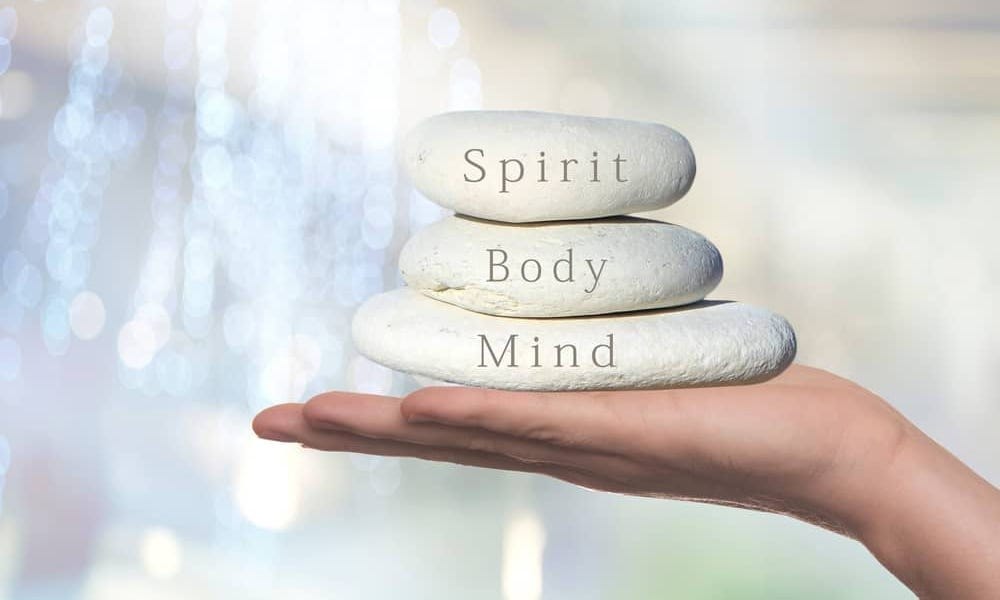
Emotional dysfunction isn’t just a byproduct of modernity—it’s the fuel that keeps our system running.
That’s a big claim, I know. But when you really think about it, it makes perfect sense.
Why? Because of these four things:
• We misunderstand emotions
• Our economy profits from dysfunction
• Medicine ignores real healing
• Modern life destroys mental balance
The average person’s emotions no longer belong to them.
We’re constantly manipulated by marketers and media, we’re monetized by Big Pharma, and we’re numbed by pills, drugs, and screens.
It’s not an accident that we live in the age of anxiety. It’s a business model.
In the 1970s, advertising shifted from selling products to selling feelings. Once you see it, you can’t unsee it.
Every ad follows the same formula:
Make you feel bad about yourself.
Sell you something to fix that feeling.
And it works—because emotionally unsettled people buy more.
This system can’t survive a population that’s emotionally stable.
That’s why we’re bombarded daily with negativity—from fear-based news to social media outrage to adds telling us we’re not good enough and don’t have enough—because a calm, centered society isn’t profitable.
The entire economy runs on our emotional pain.
The entire thing.
The cruel irony is that the industries profiting off our distress also create it.
They’ve created the problem and sold us the solution.
Media outlets thrive on fear.
Marketers thrive on insecurity.
Pharma thrives on lifelong dependency.
And as long as people stay disconnected and reactive, the machine keeps turning.
If you want to heal, the first step is understanding what emotions actually are. It sounds silly, but most people don’t understand what they’re feeling, why they’re feeling it, and what they should do about it.
They’re not thoughts to be “managed.” They’re energies that move through your body.
If you feel them, accept them, and let them pass—you heal.
But if you suppress them—they stay, fester, and end up ruling your life.
We’re taught to think our way out of pain.
But as one spiritual teacher said so well, “You can’t think your way out of difficult emotions. All that can ever accomplish is to feed the energy underlying the emotion and prolong your suffering.”
Our mental health industry built on “talking it out” often traps people in cycles of overthinking and endless therapy.
When emotions are repressed, they don’t vanish—they burrow deeper.
This is why antidepressants leave people feeling numb. The emotion is still there, the reason the emotions happened is still there, it’s all just buried.
Sometimes, that pressure explodes—manifesting as rage, violence, or breakdown. So medications are changed, dosages adjusted, and the story repeats itself—but it’s a little worse each time.
Want to really understand how this emotional suppression feeds our economy, psychiatry, and even addiction?
Read the full report from A Midwestern Doctor:
Emotional Health in the Age of Disconnection

These buried emotions are basically “emotional contractions”—tightening in the body that mirrors our inner pain.
Every time we suppress anger, fear, or shame, the body tenses—and over time, that tension becomes who we are.
This is at the root of many chronic illnesses.
Freud’s contemporary Wilhelm Reich called this “armoring.”
It’s when the body literally locks up to protect itself from unbearable feelings. Like putting on strong, battle ready armor.
It results in emotional rigidity, poor connection with others, and the haunting sense of being “numb.”
Does this sound familiar to you?
These contractions don’t just block our emotion—they block truth.
When someone can’t face a fact that challenges their beliefs, you can see it: their chest tightens, their face hardens, they blink rapidly.
They put up a wall and their body shut down before their mind could even process it.
Good luck getting through at that point.
That’s why reason alone can’t wake people from propaganda or delusion.
“You can’t rationalize facts to someone whose position is based on emotion,” says analyst Ed Dowd.
Until the emotional contraction is released, logic literally has no entry point.
This also explains why people lie to themselves.
When emotions are buried deep in the unconscious, people end up defending the very systems that hurt them—politically, medically, and even spiritually.
They mistake comfort for truth.
Substances make this worse.
Because our society doesn’t teach healthy coping and doesn’t have healthy expectations, many turn to alcohol, marijuana, and pills to numb pain.
These substances suppress emotions even further—cutting people off from their own bodies while feeding a trillion-dollar industry of disconnection.
This is the tragedy of the “drug culture.”
We’ve replaced maturity with medication, and personal growth with chemical escape.
Instead of teaching people to face their pain, society teaches them to medicate it.
That’s not health—that’s emotional paralysis.
For those wondering why this system was built—and how to break free—A Midwestern Doctor’s full report is essential reading.
Emotional Health in the Age of Disconnection

Some people are turning to psychedelics for healing—and while they can open doors, they’re certainly not magic bullets.
Psychedelics enhance neuroplasticity, meaning your brain becomes more open to change.
But without skilled guidance and a strong plan, that openness can reinforce dysfunction instead of healing it.
Used properly (as with guided ketamine therapy), psychedelics can sometimes resolve trauma or addiction.
Used casually, they often inflate egos and deepen confusion.
The tool isn’t the problem—it’s how it’s used.
Meanwhile, psychiatry—the field meant to heal the mind—has largely become a factory for pills.
Anxiety and depression rates are soaring despite record levels of medication.
It doesn’t make sense.
As Robert Whitaker documented, mass prescribing psychotropic drugs has worsened mental health outcomes, not improved them.
The “chemical imbalance” myth sold Americans a lie: that happiness could be restored by adjusting serotonin.
Decades later, there’s literally no evidence that an imbalance ever existed in the first place.
That myth has ushered in dependency, withdrawal, and billions in profit for Big Pharma. It hasn’t helped people. Instead, it broke them.
True mental health often requires addressing physical and nutritional causes.
Deficiencies in B vitamins, amino acids, magnesium, and trace minerals can all mimic or trigger depression and anxiety.
Fixing the root causes outperforms the drugs designed to mask them. Over and over again. But most people don’t look there. Most doctors and patients want the easy fix—a diagnosis and a pill.
Integrative psychiatry recognizes what’s going on.
Researchers like William Walsh have identified specific biochemical types of depression—each with its own nutrient-based solution.
But mainstream psychiatry ignores decades of this data because it threatens the billion dollar drug model that keeps people dependent on pills and therapy.
Healing begins when you stop numbing, stop suppressing, and reconnect with your emotions—and with truth itself.
Emotional Health in the Age of Disconnection

At its core, emotional health isn’t about eliminating pain—it’s about feeling honestly and acting with integrity.
When people suppress their own moral intuition, they become easy to control.
That’s how mass atrocities—and modern compliance—happen: one emotional contraction at a time.
If you feel something’s off in today’s world… you’re right.
Something is off. Actually, a lot is off.
Our current system thrives on keeping you disconnected—from your body, from your feelings, and from each other.
Reconnection and real connection is rebellion.
Thanks for reading! This information was based on a report originally published by A Midwestern Doctor. Key details were streamlined and editorialized for clarity and impact. Read the original report here.
For a deeper dive into what modern medicine has overlooked—or intentionally buried—check out these other eye-opening reports by A Midwestern Doctor:
The Great Alzheimer’s Scam and The Proven Cures They’ve Buried for Billions
Why Did The Media Stop Covering Vaccine Disasters?
What’s The Healthiest Water To Drink?
While you’re at it, give A Midwestern Doctor a follow. No one brings more research, clinical insight, or historical context when it comes to exposing the health myths we’ve all been fed. This is easily one of the most valuable accounts you’ll ever follow.
If you haven’t subscribed to this Substack yet, take a moment to read what some of the most powerful voices in the medical freedom/truth movement have to say:
“The Vigilant Fox has been putting in a lot of work to create a news platform that shares the stories we want to hear about and brings attention to the most important things to know about.”
– A Midwestern Doctor, The Forgotten Side of Medicine
“The Vigilant Fox absolutely is on top of things. We must support our fighters, and the Fox is fighting with truth.”
– Tom Renz, Tom Renz’s Newsletter
“Excellent capture of key video presentations on evolving pandemic science.”
– Peter A. McCullough, MD, MPH, FOCAL POINTS (Courageous Discourse)


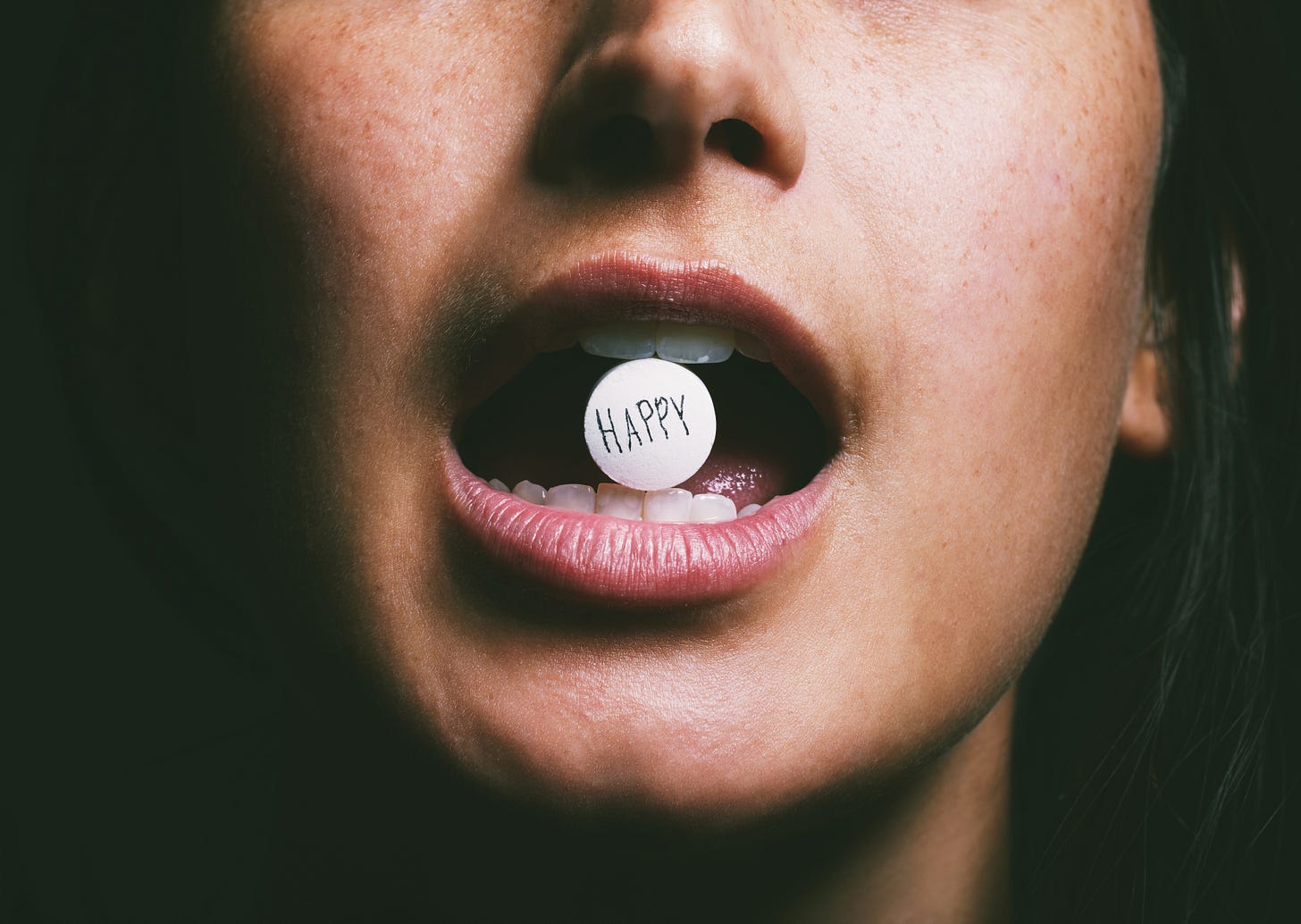
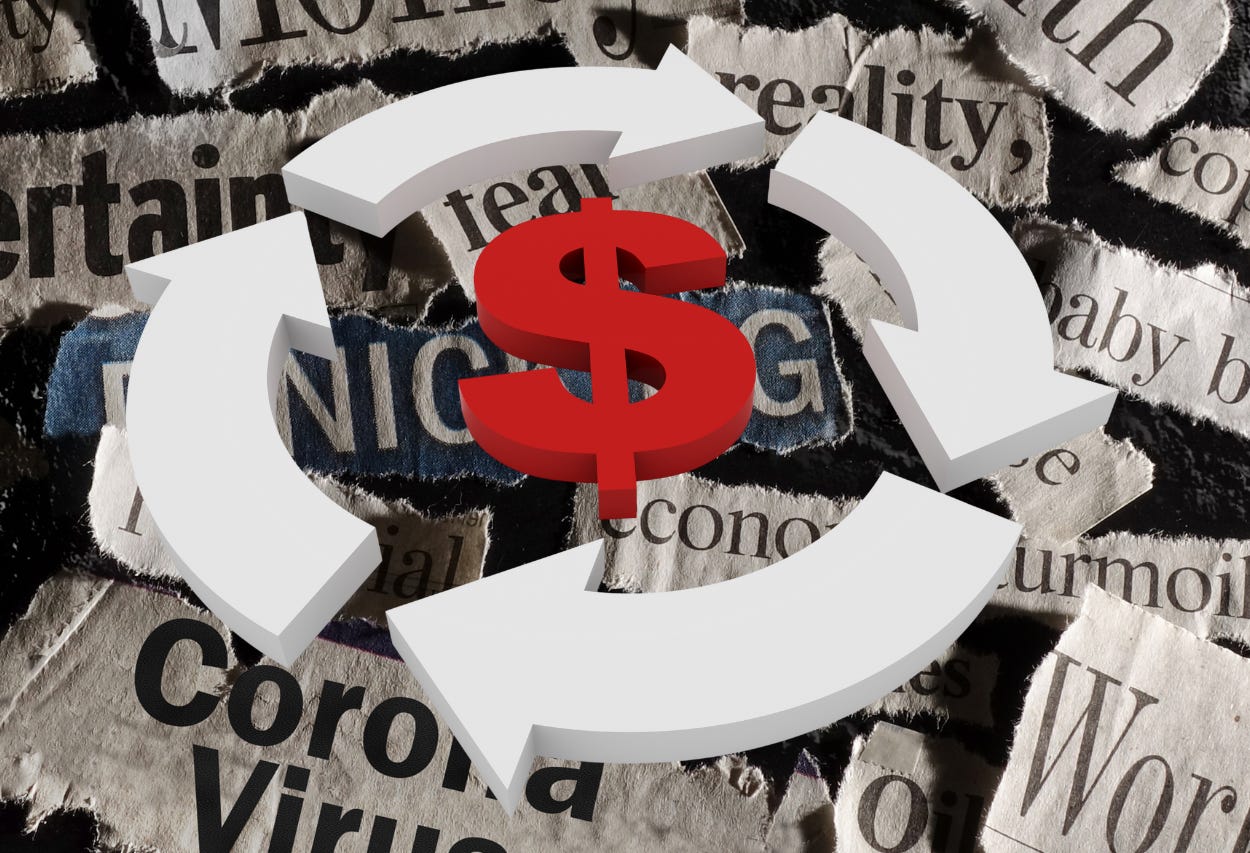
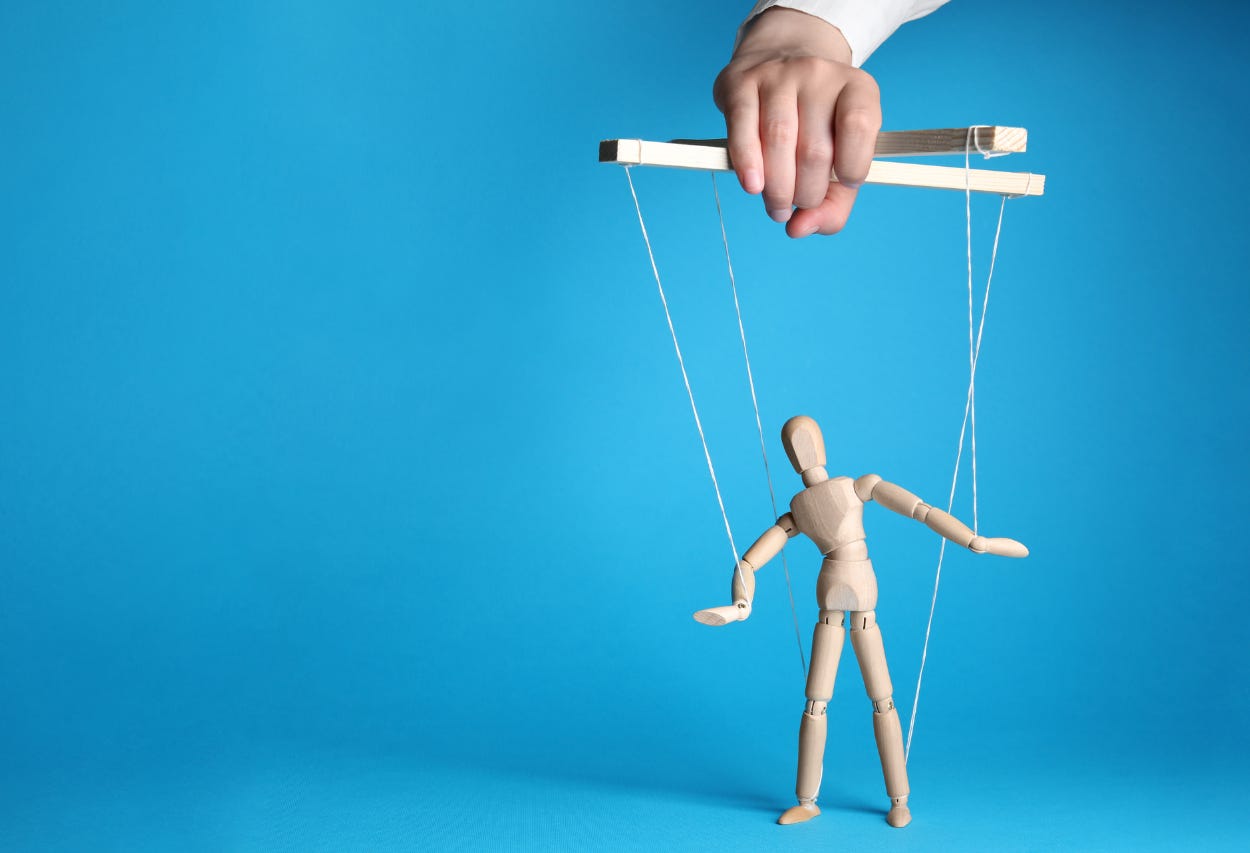

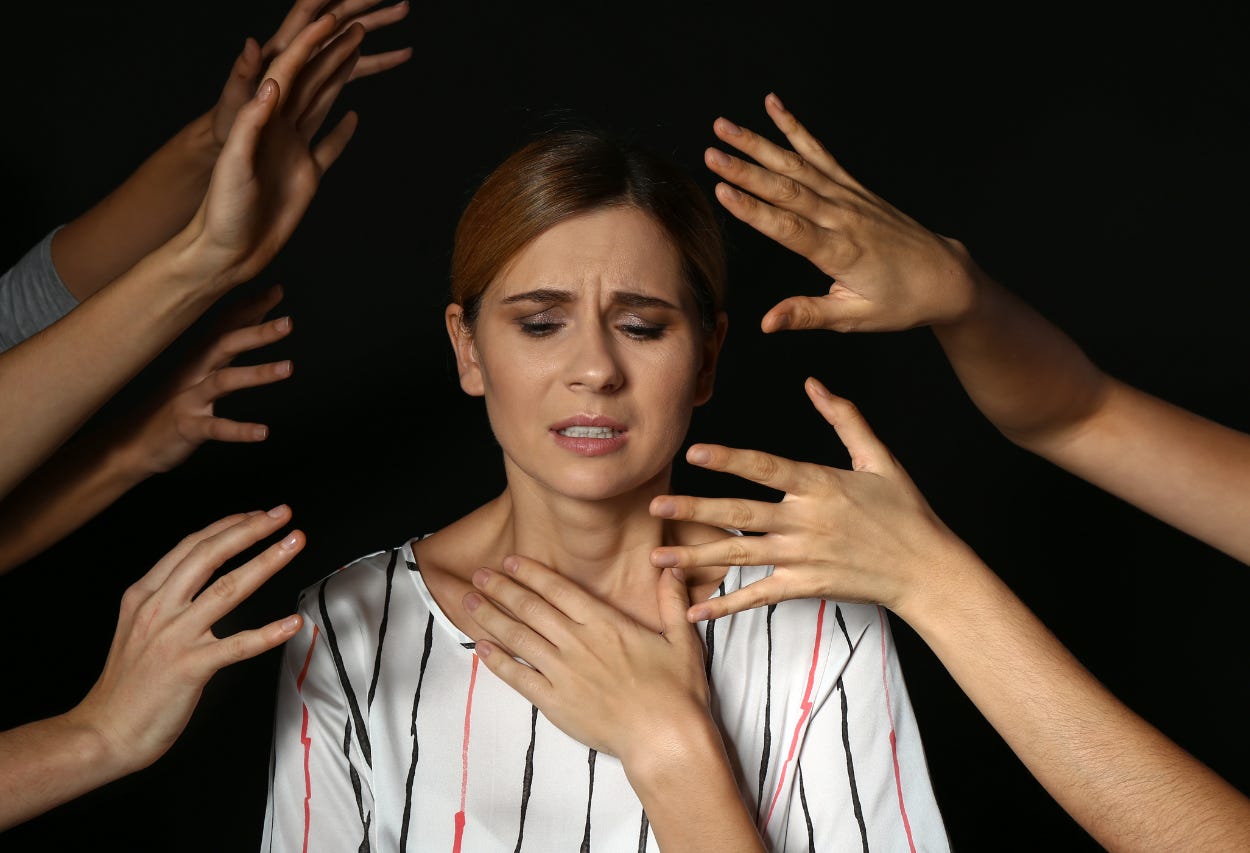
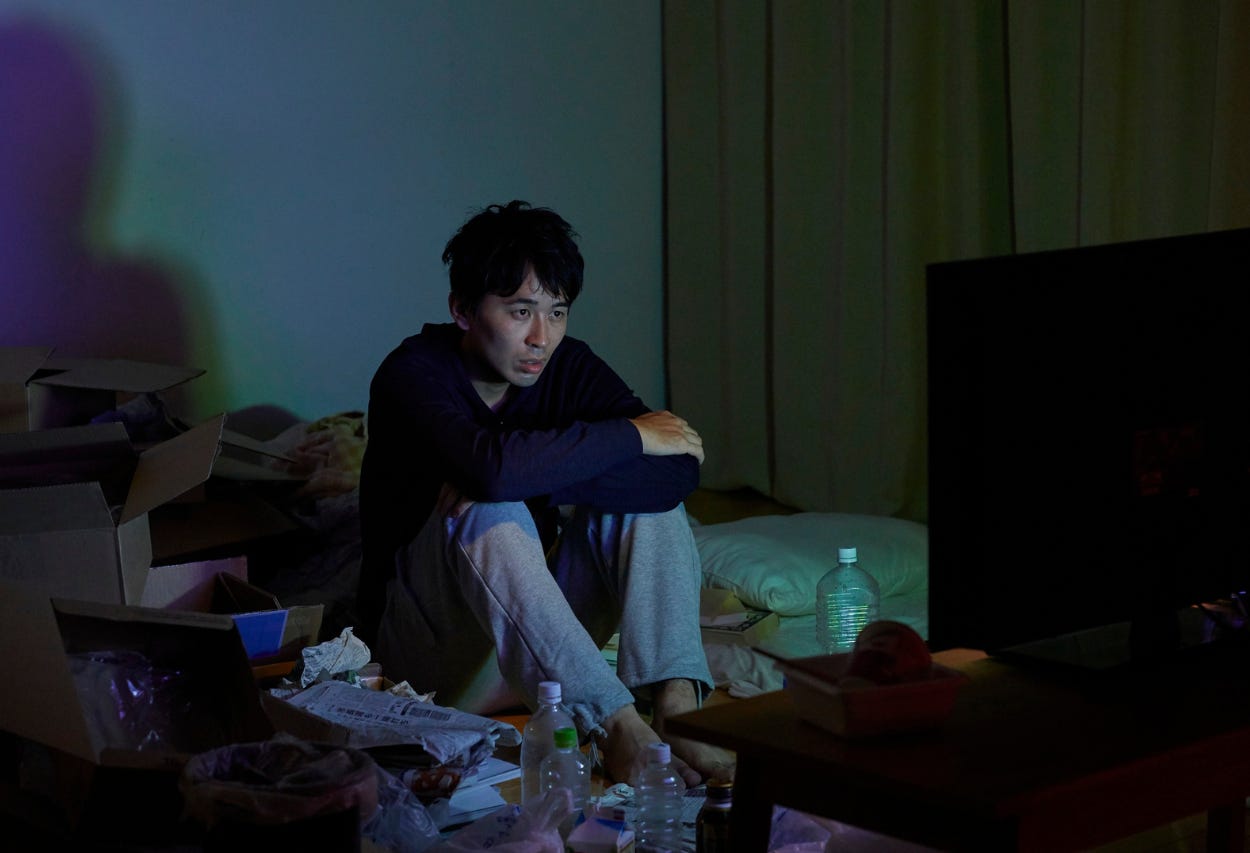












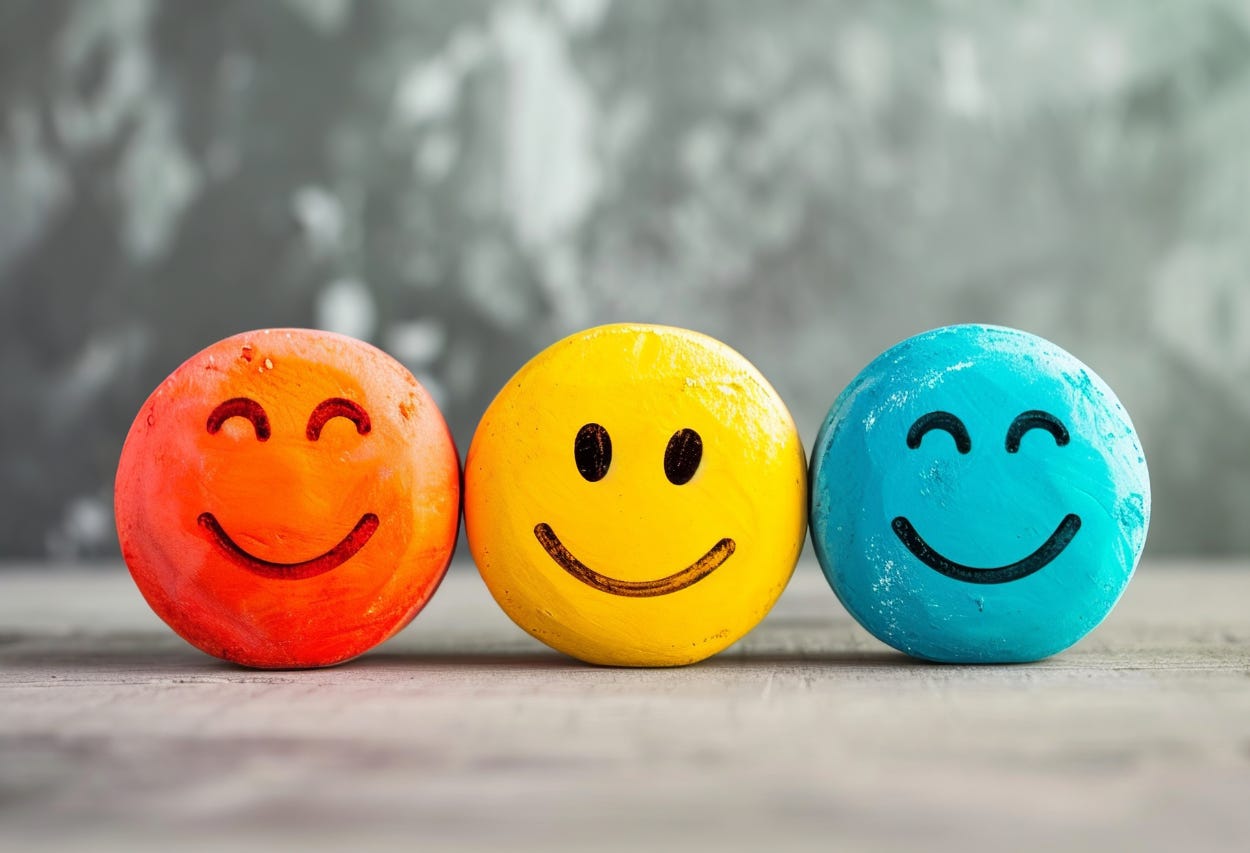

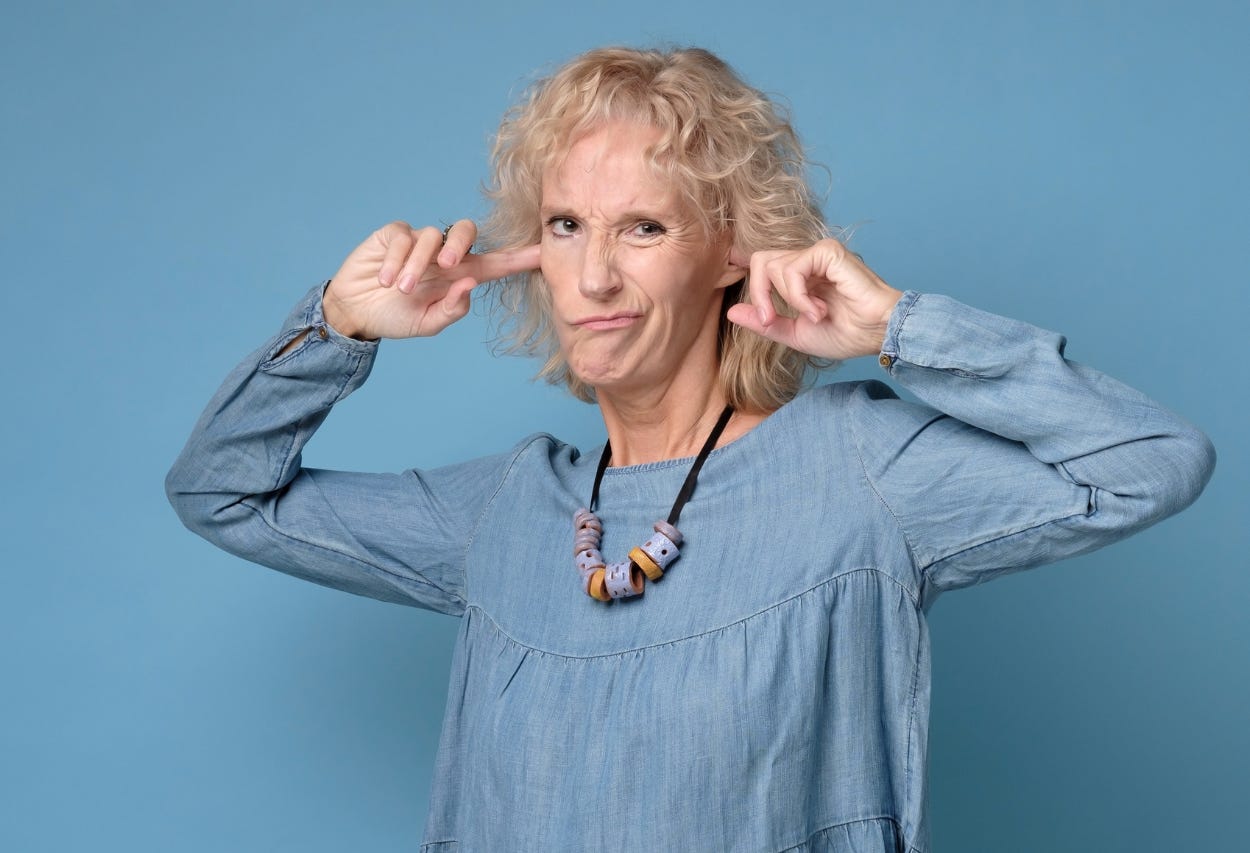


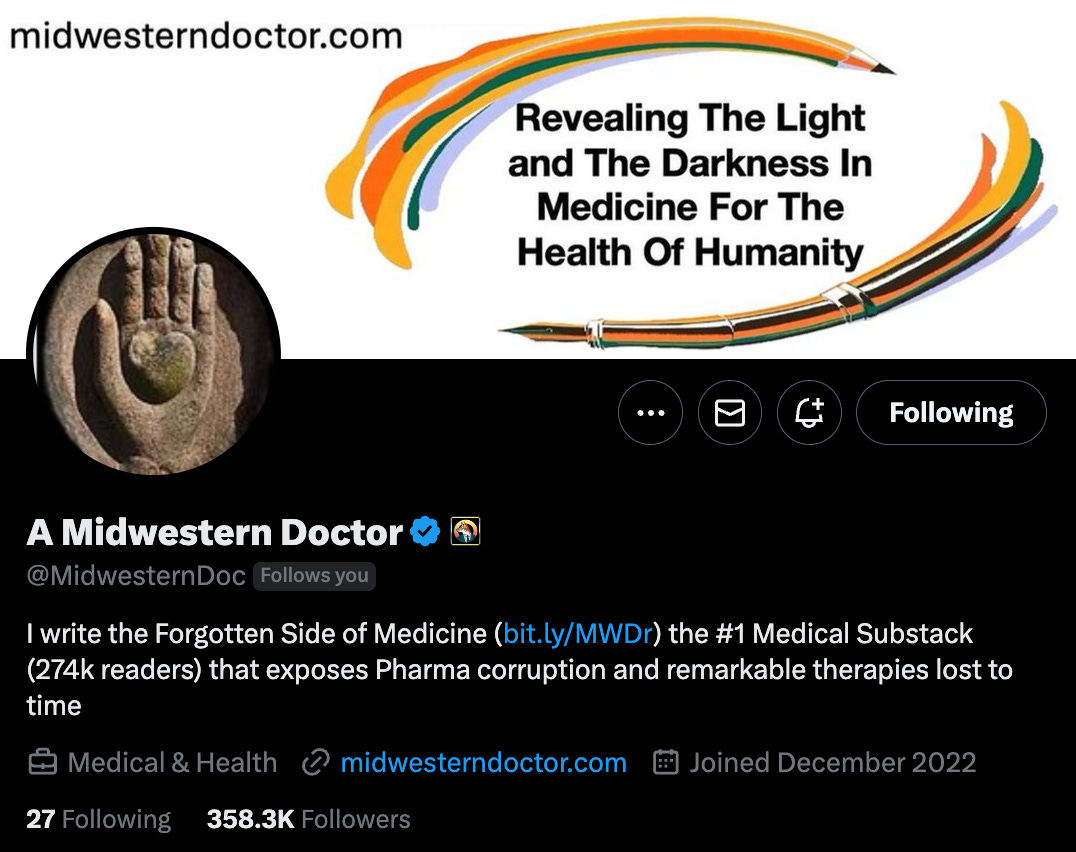

Antidepressants don’t work because they’re attempting to heal a spiritual condition from the physical perspective.
They will never work.
We need to really understand the mind of we’re going to heal this condition:
https://unorthodoxy.substack.com/p/how-to-train-your-mind-part-one
'Don't dwell on things you can't control'.
Turn them over to someone who can; a supreme being.
In the mid 1930's Jesus appeared to St.Faustina in Poland to be his "secretary" to promote
the Divine Mercy devotion, and one day sister Faustina was trying to do something but was
unable to do it, and He said just place your trust in Me and directed her to have a painting
of Him with the phrase "Jesus I Trust In You" lettered across the base of the painting.